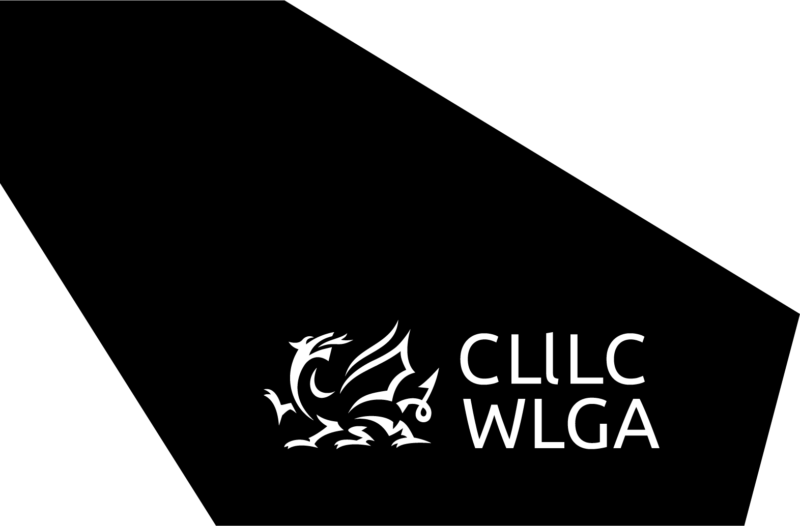B is a 35-year-old woman who lives with her elderly parents in a small rural community. B had a diagnosis of autism but had received no post-diagnostic support. B was referred to the IAS in July 2018 and completed a Post Diagnostic Course.
B is not currently in employment but was very active within her local church. B became very socially isolated following the breakdown of her relationship with church elders and members. A series of incidents and misunderstandings occurred which B was not able to resolve. B felt she had been ‘cast out’ from the church and stopped attending. This exacerbated existing anxiety and depression symptoms resulting in a very low mood. In December 2018, B emailed a support worker in the service she had previous contact with, expressing suicidal and self-harm ideation.
The following interventions were put in place:
- Attendance of the previously mentioned post-diagnostic course.
- 1:1 support work.
- Attendance of a SAFE (relationships group).
- Confidence building.
- Managing anxieties through use of five-point scale and mindfulness.
- Liaison with church elders.
- Develop daily living skills i.e. laundry and cooking.
The outcomes of these interventions were:
- B is now able to do her laundry independently and is learning to cook.
- B feels happier overall.
- B is developing her social skills through attending coffee time at church.
- B is able to manage her own physical health and independently liaise with her GP.
- B re-established her relationship with the church, attending a church trip to Lourdes, a new church service, serving at the altar and singing in the choir.
- B has increased in confidence demonstrated by: singing a solo in the choir, coping with a difficult situation and feeling comfortable doing so
B feels better equipped to manage any future mis-understandings.

